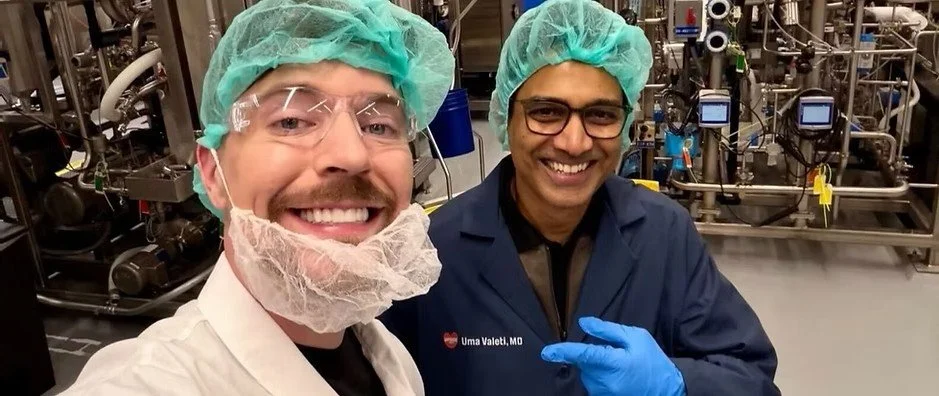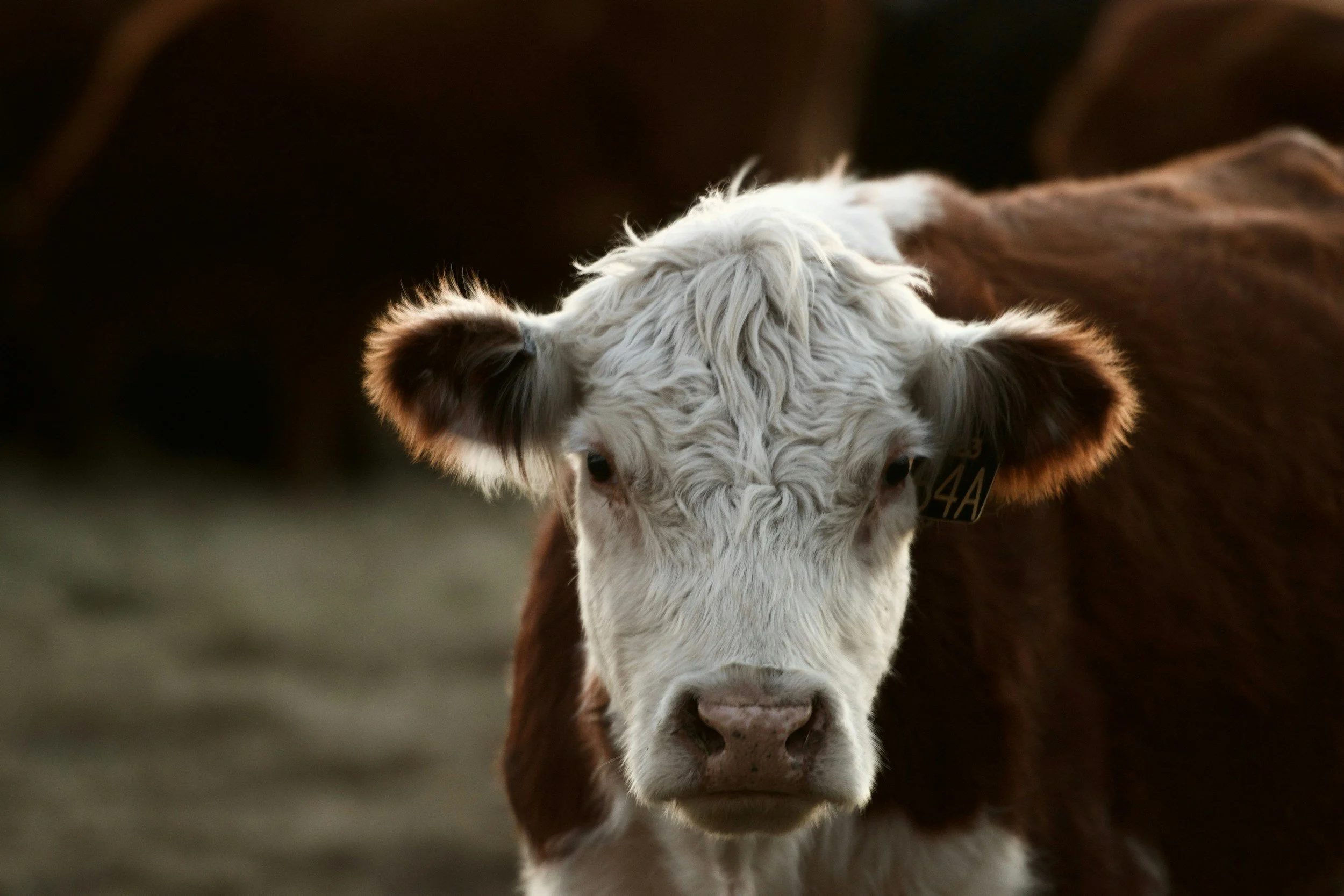Eating chicken regularly linked to increased cancer risk, major study finds
The increased risk of excessive poultry consumption was linked to 11 different types of digestive or gastrointestinal cancers.
Image: Farm Transparency Project
Eating around four portions of chicken or other poultry every week could increase your risk of dying from 11 different types of cancer, including bowel and stomach, a new study has suggested.
The findings by scientists from Italy’s National Institute of Gastroenterology, published in the journal Nutrients, suggest that consuming more than 300 grams (10.5 ounces) of poultry per week may double the risk of dying from gastrointestinal cancers, particularly among men.
The research also suggests that eating around four portions of poultry a week may be associated with a 27 percent risk of increased death of any cause.
Chicken, turkey, duck, geese, guineas, and game birds such as quail and pheasant, are classified as poultry by the study and the United States Department of Agriculture (USDA).
Scientists analyzed dietary and health information from 4,869 adults, mostly in their 50s, from Castellana Grotte and Putignano (Apulia, Italy), over the span of 19 years.
Participants' height, weight, and blood pressure were recorded, along with details about their dietary habits. Through interviews, they also provided information on their demographic background, overall health, lifestyle behaviors, and medical history.
They were asked to report their consumption of poultry, red meat, and total meat.
Gastrointestinal cancers accounted for 10.5 percent of participant deaths, with white meat consumption highest among those who died from these cancers.
The increased risk of excessive poultry consumption was linked to 11 different types of digestive, or gastrointestinal, cancers, which includes those impacting the bowel, stomach, bile duct, anus, gallbladder, liver, pancreas, rectum, small intestine and the soft tissue in the abdomen.
Scientists who conducted the study acknowledged there is a need for further study around various potential factors such as participants’ exercise levels.
The study’s authors also wrote in the journal Nutrients that they couldn’t be sure why this increased risk happened, but suggested possible theories.
Certain cooking factors including higher temperatures and longer cooking times may be contributing to the risks. Poultry proteins exposed to high temperatures during cooking can create compounds that damage DNA and may increase the risk of cancer cells growing.
In a separate study, conducted by the Physicians Committee, all 100 grilled chicken samples from top restaurant chains in California contained PhIP, a carcinogen linked to cancers. PhIP forms naturally from substances found in tissue when the tissue is exposed to direct high heat.
The widespread use of antibiotics and hormones in poultry farming practices also raises potential long-term health concerns.
The animal agriculture sector accounts for up to 80% of total antibiotic use in many countries, according to the World Health Organization (WHO). This widespread overuse and misuse in animals is a major driver of antibiotic-resistant infections, which cause over 35,000 deaths each year.
“Chicken is a major contributor to foodborne illnesses, antibiotic resistance, zoonotic diseases, and other chronic illnesses. We should be actively avoiding chicken and instead focusing on plant-based sources of protein.”
The consumption of red and processed meats has long been linked to an increased risk of cancer, particularly bowel cancer. According to the National Cancer Institute, only up to 10% of cancer cases are linked to genetics; the remaining 90% or more stem from environmental and lifestyle factors and are potentially preventable.
In contrast, research continues to link plant-based and meat-free diets with a reduced risk of cancer. Health experts from the Physicians Committee are encouraging individuals to replace animal meat with plants as a preventative measure against cancer. A large study analyzing data from over 472,000 British adults, and co-funded by World Cancer Research Fund and Cancer Research UK, found that vegetarian and vegan diets are linked to the lowest cancer risk compared to diets that include meat, including fish.
Want to get started on your plant-based journey? Take Species Unite’s free Plant-Power Challenge for 30 days to discover everything you need to know. Sign up here.
We Have A Favor To Ask…
Species Unite amplifies well-researched solutions to some of the most abusive animal industries operating today.
At this crucial moment, with worldwide momentum for change building, it’s vital we share these animal-free solutions with the world - and we need your help.
We’re a nonprofit, and so to keep sharing these solutions, we’re relying on you - with your support, we can continue our essential work in growing a powerful community of animal advocates this year.





